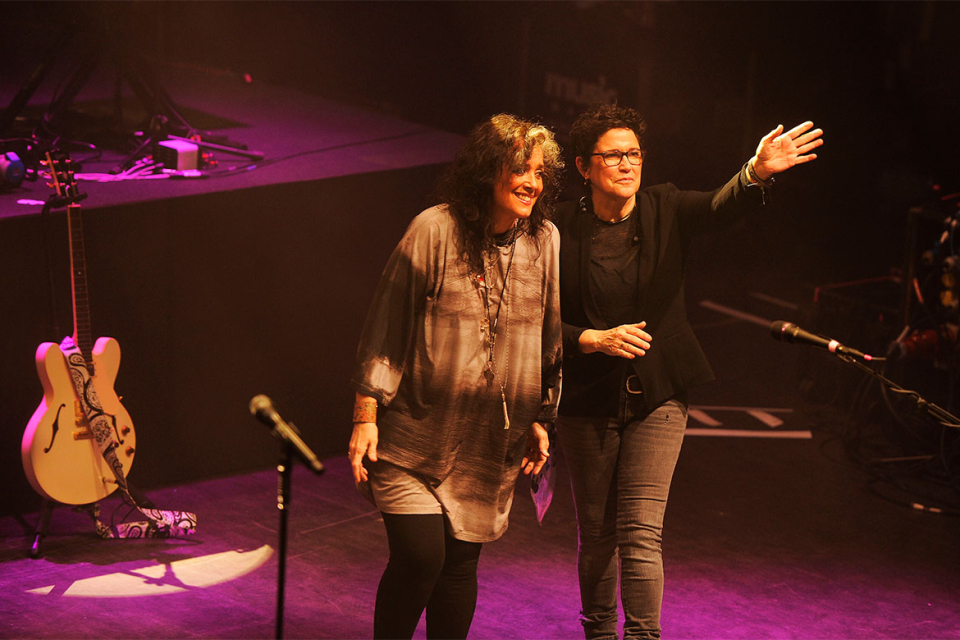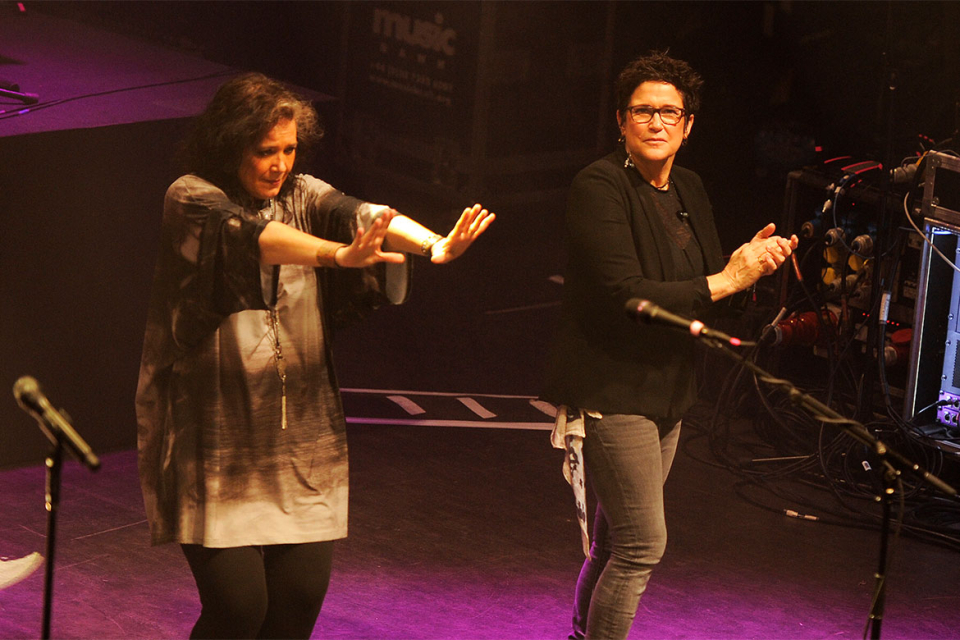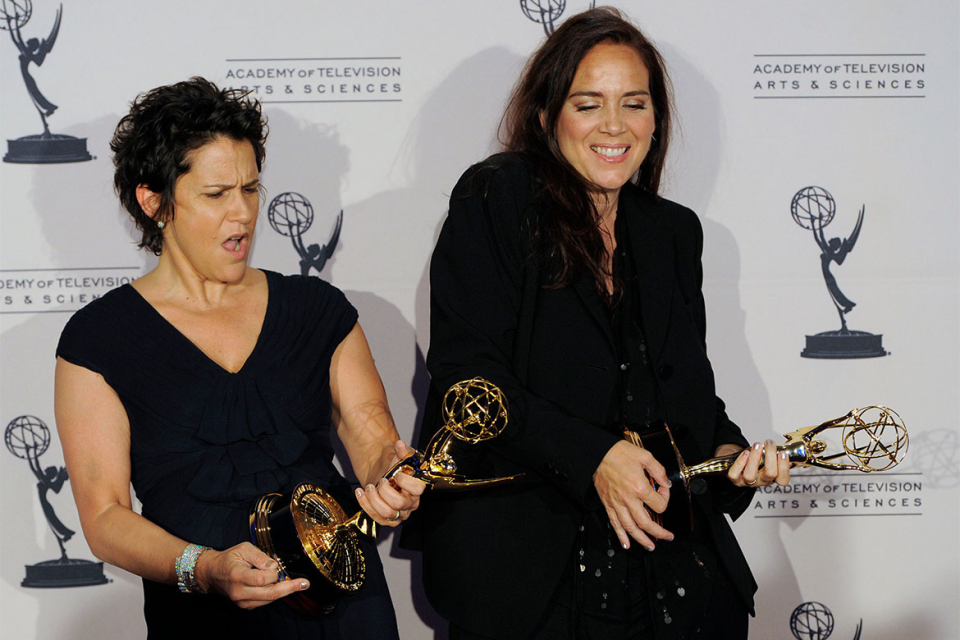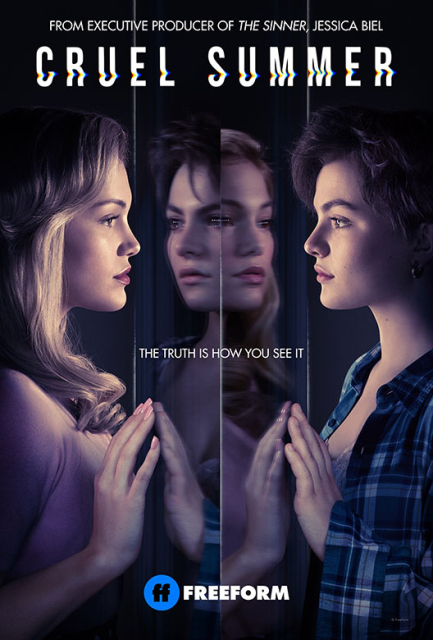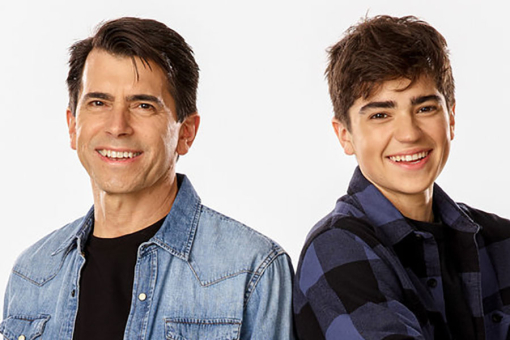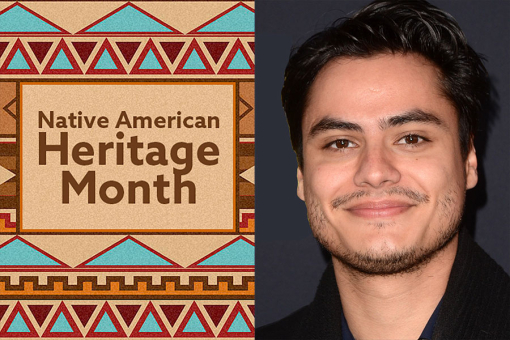Known to music fans worldwide simply by their first names, Wendy Melvoin and Lisa Coleman have been practically inseparable since growing up together in Los Angeles, the city they still call home.
The two women recently completed scoring the first season of Freeform's teen kidnap/crime drama, Cruel Summer. They'd been working on it for a few years, and were further delayed by the pandemic.
The eight-episode series premiered in April.
Set during three consecutive years in the early 1990s, it's an era with which they're intimately familiar and one in which they believe the music still sounds fresh.
"We really liked the story, and it was a good challenge because we wanted to get very specific with the sounds of the 90s," Coleman recalls during a phone interview with Melvoin from their Hollywood recording studio, where they recently wrapped production on the season finale earlier this month.
Although the time period was known for its alternative/grunge music from the likes of Nirvana and Pearl Jam, Melvoin says one of the challenges was not getting too obvious with those kinds of sounds.
"We pitched initially that we wanted to stay away from too teenager-y or sentimental, and not sound like kids, but to have them in an adult environment," says Melvoin.
"Especially in TV these days with shows like Euphoria, it's an absolute priority to not dumb things down in their childhood. It's adult subject matter, being abducted. We didn't want to sound like a Saved by the Bell episode, we wanted it to be serious.
"We wanted it to seem like it was an actual film, not scored like a TV show on a network that has a set of rules with composers which you can predict in those confines. We aimed to take it outside that comfort zone and sound more like it was on film."
Cruel Summer begins by setting the stage for the kidnapping of a popular teen, Kate Wallis, by an administrator at her high school. After being released from her captivity, she accuses another girl, Jeanette Turner, of knowing where she was held in the man's basement--and turning a blind eye while she pursued Kate's boyfriend.
It's a dark and twisted tale that ends up creating huge rifts and shifting loyalties among practically everyone in the small town in which it is set.
Wendy and Lisa created different sounds and themes for each character - and for each of the three years in which the drama unfolds. The boyfriend, Vince, had his own piano sound with an electronic keyboard. Even the basement where Kate was being held had its own weird and creepy sounds.
"It is a pretty young show, and scoring teenagers is a different gig than scoring adults in drama or comedy," Coleman says. "You have to be more sensitive to what the scenes can tolerate. There's an innocence and a tenderness even in the dark scenes because they're so young. I can see that in their faces, and that helps dictate what the sound qualities are and how heavy you can hit the scene. We learned that as we went."
Cruel Summer is the latest in a growing list of television shows and movies for which they've composed, credits that include Dangerous Minds, Soul Food, Shades of Blue, Nurse Jackie, Heroes, Touch, Crossing Jordan, Prime Suspect, No Tomorrow and Carnivale.
Coleman and Melvoin scored a Primetime Emmy Award in 2010 for their main title theme music for Nurse Jackie.
Their trophy chest also includes six ASCAP Film and Television Music Awards, including three for Crossing Jordan. They received the organization's inaugural Shirley Walker Award in 2014 for their contributions to the diversity of film and television music.
Yet the first two statuettes to be handed to them are perhaps their most memorable - Grammy Awards for 1985's blockbuster feature film Purple Rain and for the iconic album itself, released the previous year.
(Purple Rain was also awarded the Oscar for Best Original Score, which went to Prince—and Wendy and Lisa joined him on state to accept it.)
Melvoin and Coleman were young adults when they started working with Prince in the 1980s, performing in his backup band, The Revolution. Coleman hit the keyboards and piano behind one of the most revered, influential and groundbreaking artists of the 20th and the 21st centuries, while Melvoin played guitar in the band.
Over the decades and particularly since Prince's untimely death in April 2016, they've experienced a renewed appreciation of the music they made together and what it meant to the world.
"When I reflect on how big it was, I didn't really see it that way until this many years away from it. I'm proud of it and the work and the sounds and the impact," Melvoin says. "Back then I didn't think in those terms because we were way in it, but later I felt the enormity, and what a huge impact the music had and how it made a lot of people happy."
"When I'm at the piano and daydreaming I think about Prince and what he would think of or play instead--or what would make him laugh," says Coleman. "I have a lot of really good memories. When we made it big and started playing stadiums, I have a whole sensory memory of the smell, the sound, the temperature, the air conditioning on stage when the lights were hot and fans were cranking cool air.
"Prince would do crazy things like turn the house lights on, and that kind of vision just sears into your mind."
In the years after Prince's passing, they toured as The Revolution and only stopped performing when the COVID-19 pandemic hit, forcing them to drop dates in Japan, Australia and Europe.
"You could feel how much joy and healing there was during the grief for him," Melvoin says of their performances. "Prince music fans appreciated that level of reflection, and how powerful it was and what it meant. It was a beautiful way to heal as we're missing our captain in arms. It was a massive moment in history.
"We did a handful of shows at First Avenue [in Minneapolis] for the first two months and because of the audience reception and the fact that they needed that kind of relief, so did we. We got a booking agent and went around the country. As Dave Chapelle said, losing Prince was the Black community's 9/11."
Even as both women admit Prince's tragic death had them reeling— it also took them out of commission for awhile when it came to composing.
"Now we are settled hard-core back in the game," says Melvoin. "Touring was a lovely thing we did after he died. It was three years of on and off the road and every two weeks, we would come back and finish a [television] show."
It was almost predestined from an early age that both Coleman and Melvoin would become musicians. Both of their fathers were in the business and the daughters like to say they've been around each other since they were in diapers.
Mike Melvoin was a jazz pianist, composer and arranger who worked steadily as a studio musician with the likes of artists including Frank Sinatra, The Beach Boys, John Lennon, Natalie Cole and The Jackson 5. He also served as president and CEO of The Recording Academy.
Melvoin was close friends with another session musician, Gary L Coleman, and together in the 1960s and 70s they were part of a musical collective called The Wrecking Crew. Revered in the industry but not necessarily known to the general public, they worked on several hundred Top 40 hits.
Coleman's daughter Lisa started playing keyboards professionally – in a bubblegum pop band--at the tender age of 12.
"We knew we were going to do music because of our dads," Melvoin says. "Lisa was classically trained – and then Prince happened to both of us. We knew we were going to get into composing and loved music to film. We listened carefully to scores back in the day, being moved by Bernard Herrmann's work in Taxi Driver, and seeing what he could do with sound to music to film.
"In the 70s, people's compositions started changing and we wanted to see what it would be like to compose for film and TV."
But the bond between Wendy and Lisa, who formed their eponymous duo in the late 1980s post-Revolution and released five studio albums, goes even deeper than being childhood friends and bandmates.
"We've been partners forever, and became lovers as young adults," says Coleman. "We spent 20 years together, and now we try to share the best of ourselves with each other."
"We've experienced an amazing thing that few have experienced – the amazing phenomenon of Prince and The Revolution and touring the world and coming out the other side and having to make a life afterward. We're still bonded to the other guys in The Revolution. Wendy and I love each other," Coleman says. "We're best friends with so much in common that we talk without words. I can't imagine life without her."



